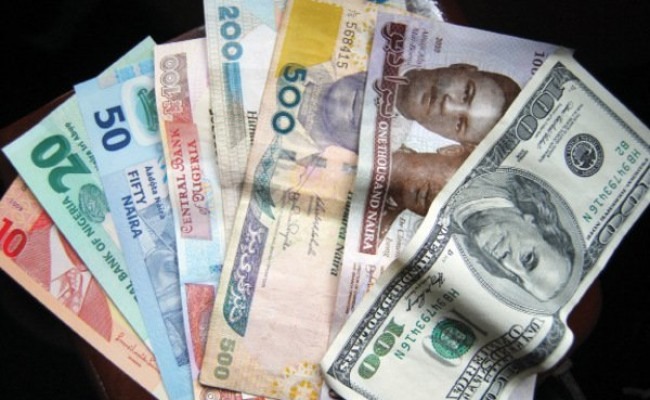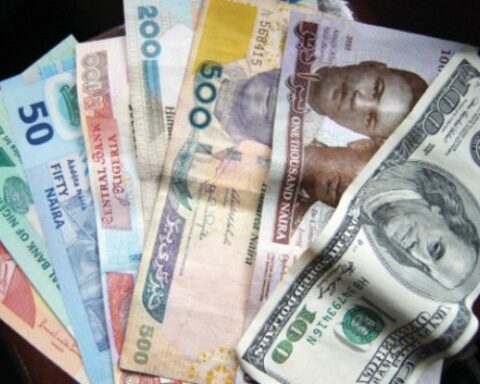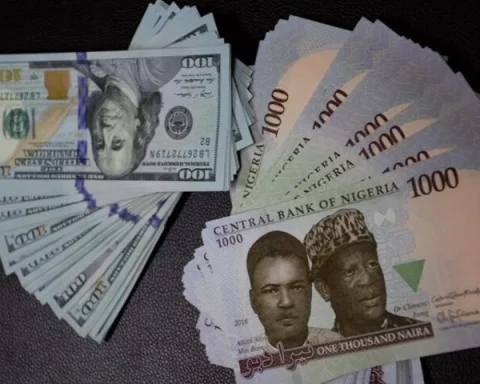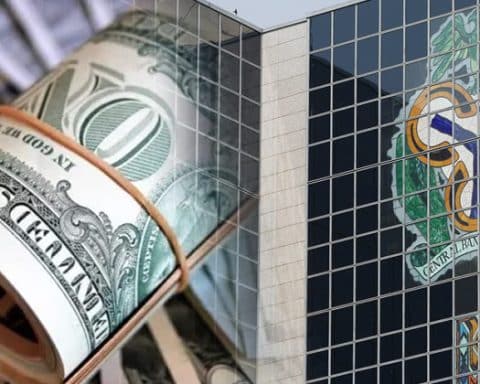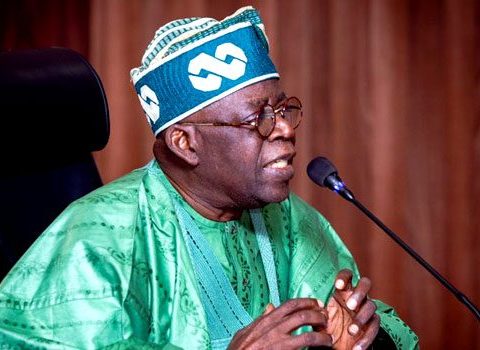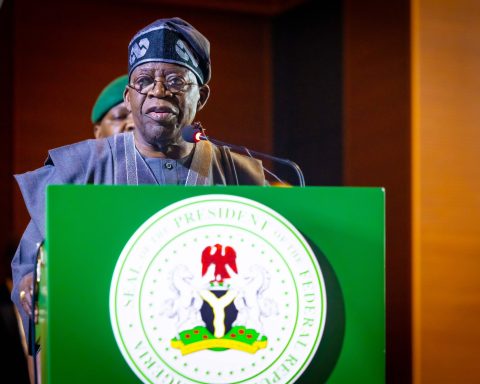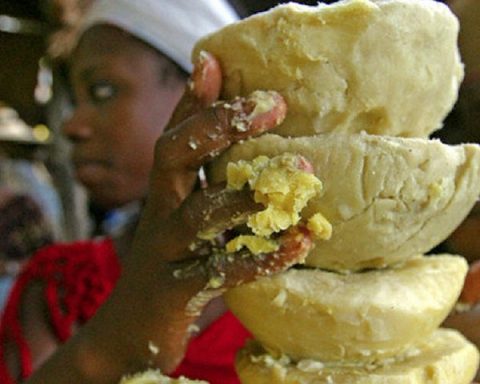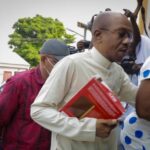Capital Outflows Surge in FX Market
Nigeria’s FX market experienced a significant rise in capital outflow, reaching $1 billion in April 2024, a 35.14% increase from $740 million recorded in March.
The Central Bank of Nigeria (CBN) attributed this surge primarily to capital reversals, which accounted for 78% of the total outflows, amounting to $780 million.
Join our WhatsApp ChannelLoan repayments also played a notable role, increasing to $160 million from $120 million in the previous month.
Capital Reversals Dominate FX Market Outflows
Capital reversals have become the dominant force in Nigeria’s FX market outflows. “Capital outflows increased due to capital reversals and higher loan repayments,” the CBN stated in its April 2024 Monthly Economic Report.
The report revealed that capital outflows surged to $1 billion, up from $740 million in March. The most substantial component of these outflows, capital reversals, jumped to $780 million from $530 million, highlighting the volatility in the FX market.
A capital reversal occurs when foreign investors withdraw their investments from a country, often driven by economic instability, unfavorable policy changes, or better investment opportunities elsewhere.
This trend can lead to increased demand for foreign currency, as investors convert their naira holdings into dollars or other stable currencies before repatriating their funds.
The resulting pressure on the naira can lead to further depreciation, exacerbating inflation and economic challenges.
Impact of Loan Repayments and Dividend Repatriation on the FX Market
Loan repayments also contributed significantly to the capital outflows in Nigeria’s FX market. The CBN report noted that repayments rose to $160 million in April, up from $120 million in March.
READ ALSO: CBN’s FX Market Intervention Falls Short As Naira Struggles To Gain Ground
Meanwhile, dividend repatriation saw a decline, dropping to $40 million from $90 million in the previous month.
This decrease in dividend repatriation slightly offset the overall outflow, but the impact of capital reversals and loan repayments remained dominant.
According to market analysts, the fluctuations in capital outflows this year have been notable, with outflows reaching a peak of $1.31 billion in February 2024 before declining to $740 million in March, only to rise again to $1 billion in April.
These fluctuations in the FX market, driven largely by capital reversals, have underscored the vulnerability of Nigeria’s economy to external shocks and investor sentiment.
FX Market Volatility and Its Consequences
The volatility in Nigeria’s FX market has had far-reaching consequences. As capital outflows increase, the naira faces downward pressure, leading to further depreciation.
A weaker naira can make imports more expensive, contributing to rising inflation and putting additional strain on the economy.
In April 2024, Nigeria’s FX reserves also took a hit, dropping by $2.16 billion within 29 days as the CBN struggled to stabilize the naira.
The reserves fell to their lowest level in six years on April 15, 2024, signaling ongoing challenges in the FX market.
Despite these challenges, there was a brief appreciation period in the naira against the US dollar. The spot exchange rate in April averaged N1,244.66/$1, an improvement from the N1,524.04/$1 recorded in March.
However, exchange rate volatility persisted, with the naira trading within a wide range of N1,072.74/$1 to N1,419.11/$1 in April.
What Lies Ahead for Nigeria’s FX Market?
The outlook remains uncertain as Nigeria grapples with rising capital outflows and a volatile FX market.
The dominance of capital reversals and the pressures on the naira underscore the need for effective policy measures to stabilize the economy and restore investor confidence.
Whether Nigeria can navigate these challenges without further exacerbating economic instability remains to be seen.


